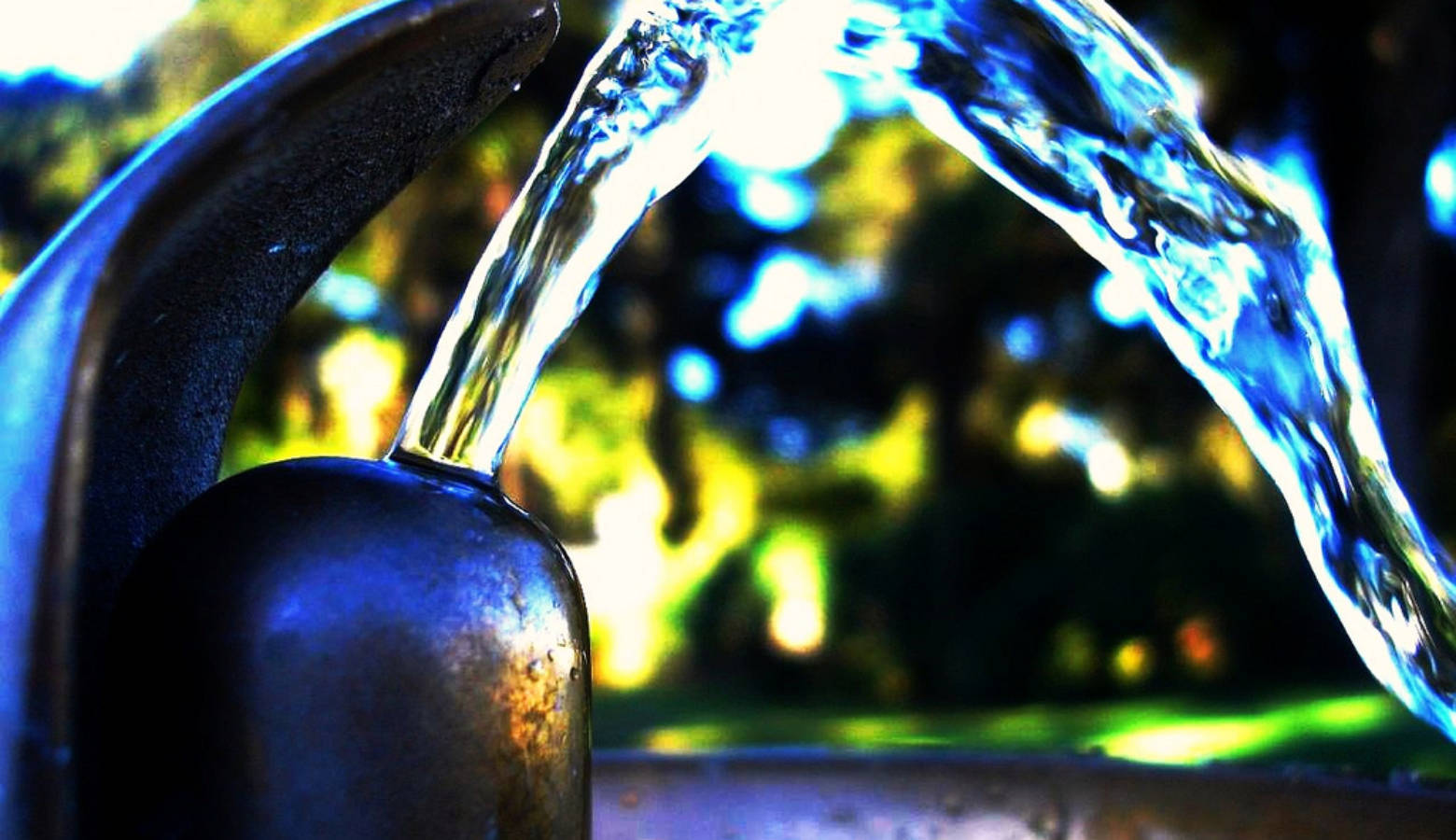Farmer Diligence May Be Preventing Algal Blooms In Indiana

A map of articles reporting algal blooms across the country by the Environmental Working Group reveals a widespread problem. But that algae doesn’t seem to be contaminating Indiana’s drinking water as much as it is in other states.
Indiana doesn’t get as much of its water from lakes and shallow reservoirs where algal blooms tend to form. But some of the state’s success could also be attributed to farmers who keep fertilizers and other nutrients from feeding algal blooms.
“Some of the most beneficial practices that we work with deal with preventing the water from leaving the field altogether,” says Stephanie McLain, Indiana’s soil health specialist for the Natural Resources Conservation Service (NRCS).
McLain says that includes practices like cover cropping and no-till agriculture.
The NRCS has had a decades-long partnership with state agencies, universities, and a select group of farmers to improve soil health. Barry Fisher is the central team leader for the NRCS’s soil health division. He says that work is starting to pay off in other areas like water quality.
Fisher says a good soil can hold more water, which keeps it from running off into streams and lakes.
“And the water that comes out the other side is higher quality,” says Fisher.
Soil experts also encourage farmers to use fertilizer more strategically so it’s less likely to run off fields.
Many water treatment plants that draw from surface water treat it for harmful toxins from algae. The Indiana Department of Environmental Management also samples 10 of these public water supplies bimonthly in a voluntary program. So far in 2018, IDEM says it has not found any toxins in drinking water.
IDEM often puts out advisories for algae in the state’s recreational lakes. The agency recommends that swimmers don’t swallow water from these lakes during an advisory and shower after swimming.
READ MORE: Lake Monroe Under Advisory Due To High Levels Of Blue-Green Algae
Indiana Environmental reporting is supported by the Environmental Resilience Institute, an Indiana University Grand Challenge project developing Indiana-specific projections and informed responses to problems of environmental change.

